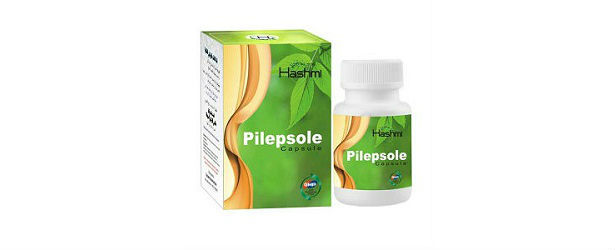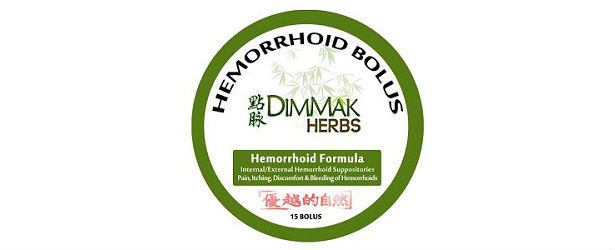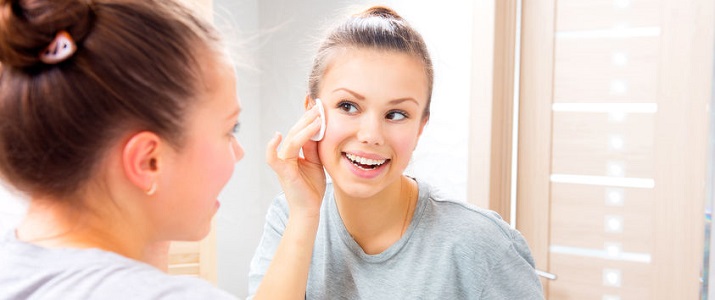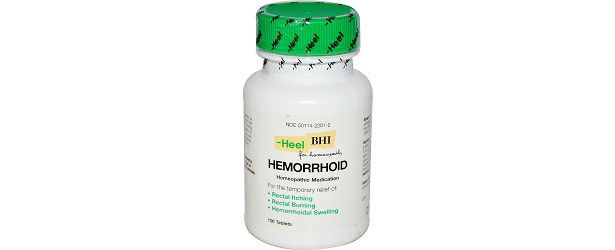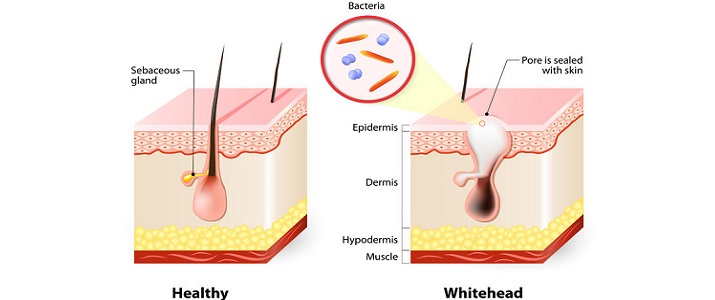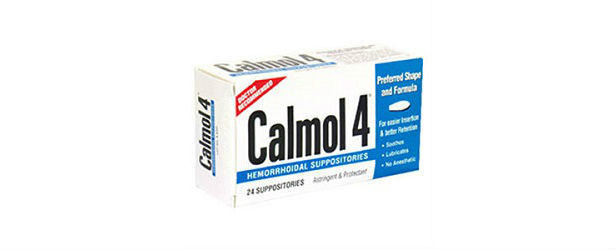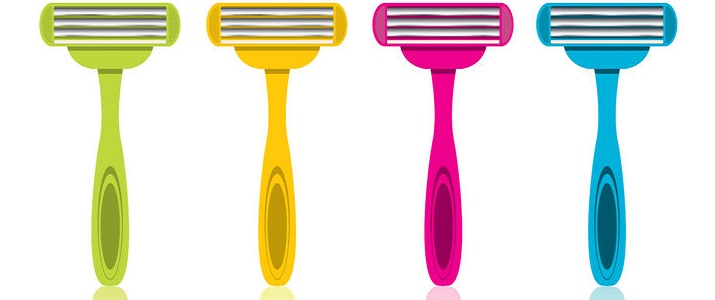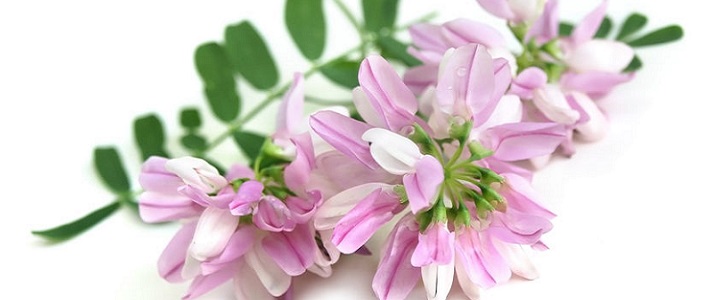
The Truth About Phytoestrogens
Phytoestrogens are plant estrogens; if you are a language buff, you might know a bit of Greek and remember that phyto means plant. Phytoestrogens are very weak estrogen, approximately 1000 times weaker than the estrogen in human body. While there are many people who think that phytoestrogens cause cancer, it is simply not true. In fact, Phytoestrogens may actually reduce the overall estrogen in your body because when you block certain receptors in your body for the bad estrogen, it actually lowers the bad estrogen and allows your body to get good estrogen.
When a woman goes into menopause, your ovaries stop producing estrogen. Over the last few decades, more information has been disseminated about the use of red clover and alternative therapies including black cohosh, evening primrose oil, and phytoestrogen to lower the symptoms of menopause including hot flashes, helping women to improve their experiences while in menopause.
To supplement the body’s natural estrogen, you can eat Phytoestrogens products such as soy products to replace the diminished amounts in your body. Soy is very beneficial as it lowers the estrogen effect in your body. It is beneficial to consume soy in whole form such as soy or in its fermented form such as tempeh or miso.
Beyond Soy
Soy certainly contains phytoestrogens, but there are many others for you to be aware of including flax seeds which contain 800 times more estrogen than other plants.
Here is a good go-to list to get you started.
- Fruits including apples, pomegranates, strawberries, cranberries, grapes, and oranges
- Vegetables including broccoli, carrots, licorice root,
- Legumes including beans, peas, and seeds including flax, sunflower and sesame
- Beverages including coffee, tea, red wine, and beer
- Oils including olive and jasmine oil
- Nuts including peanuts, almonds
When we eat foods with high levels of phytoestrogens, the result is that our bodies react as if there is the actual presence of estrogen. So putting these foods on your shopping list is key, and including them in your diet is always considered worthwhile.
There are many natural treatments that can be used for menopause and it’s worth getting up-to-speed about what else you can do. And it’s worthwhile to spread the word with others about what you discover and share information accordingly. Because the world of menopause is not fun at all; many people have heavy and hard periods, feel unhappy and have anxiety, weight gain, have hot flashes, memory loss issues, hair loss and the list goes on and on.
Probably what is harder to digest for many women is that it’s simply not at all clear when is the beginning, middle and end to menopause. No one can tell you when it will all be over so when the symptoms persist and feel so alive and frustrating, it’s anything but easy. With 51 being the average age of hitting menopause, the only thing that you can hold onto is that you know there are many other women along with at any one time who are suffering too. So by connecting with them, you can share resources and experiences, and share the grief while knowing they will really understand.
TOP 5
SKINCARETreatments |
|||||
| HemClear | Avatrol | Hem-Relief | Venapro | Heel-BHI | |
|---|---|---|---|---|---|
| 1 | 2 | 3 | 4 | 5 | |
| Price (1 bottle) Price (6 bottles)best value |
$49.95 $139.70 |
$45.95 $183.80 |
$39.95 $239.70 |
$39.95 $239.70 |
$42.94 $257.64 |
| Overall Rating | 99.10% | 78.00% | 73.50% | 62% | 61.50% |
| Effectiveness |





|





|





|





|





|
| Speed of Results | Extremely Fast | Fast | Good | Average | Slow |
| Quality of Ingredients | Premium | Good | Good | Average | Average |
| Customer Satisfaction Evaluation | 99.20% | 79% | 75% | 74% | 62% |
| Safety Evaluation | Safe for Use | Safe for Use | Safe for Use | Safe for Use | Safe for Use |
| Customer Service Rating |





|





|





|





|





|
| Reorder Rate | Highest | Good | Average | Good | Average |
| Return Policy | Risk Free | Unused | Risk Free | Unused & Unopened | No |
| Success Rate | 99.40% | 78% | 78.50% | 74.20% | 60% |

 Subscribe Now
Subscribe Now




